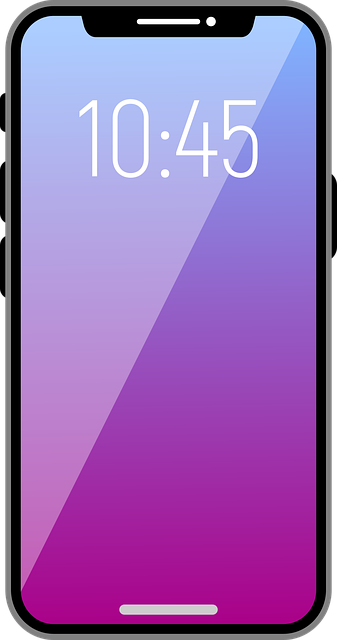North Carolinians are facing a persistent problem with spam calls, despite anti-spam laws. To combat this issue, residents are encouraged to register for the Do Not Call list, report spam, and use advanced call blocking apps or smart home devices. By taking proactive measures, educating themselves about telemarketing tricks, and sharing resources within communities, North Carolinians can better protect their privacy and silence unwanted calls.
In North Carolina, the incessant buzz of spam calls has become a pressing issue, affecting millions. This article explores comprehensive solutions to combat this pervasive problem. We delve into the legal frameworks and technological advancements that can silence unwanted callers, examining strategies employed by telemarketers and effective countermeasures. Additionally, community efforts and resources are highlighted, offering practical guidance on how North Carolinians can reclaim their peaceful environments from bothersome buzzes, providing actionable steps to stop spam calls once and for all.
Understanding the Spam Call Problem in North Carolina
In North Carolina, the issue of spam calls has become a significant and bothersome problem for many residents. These unwanted phone calls, often from automated systems or call centers, bombard individuals with persistent marketing messages, sales pitches, or even fraudulent schemes. North Carolinians are left frustrated, as these calls can be difficult to block effectively due to the constantly evolving tactics employed by spammers.
The sheer volume of spam calls in North Carolina is a testament to the challenges faced by regulators and consumers alike. Despite efforts to implement and strengthen anti-spam laws, the methods used by spammers are often a step ahead. Many common strategies to stop spam calls, such as registering on national “do not call” lists or blocking specific numbers, have limited success due to the random and anonymous nature of these calls. To combat this growing concern, residents are encouraged to stay informed about their rights, report spam calls to relevant authorities, and explore advanced technologies that can help filter and block these bothersome buzzes.
Legal Frameworks and Regulations to Combat Spam Calls
In North Carolina, combating spam calls has become a significant concern for residents, leading to the implementation of robust legal frameworks and regulations. The state’s legislation takes a stringent approach to protect consumers from unwanted telemarketing practices, offering insights into how individuals can safeguard their privacy and silence those pesky ringers. Key among these measures is the North Carolina General Statutes, which outline strict guidelines for phone solicitors, empowering residents with tools to curb spam calls effectively.
One powerful tool at their disposal is the ability to register their numbers on the state’s Do Not Call list. This simple yet effective step blocks commercial calls from specific areas, providing a layer of protection against unwanted advertising. Additionally, North Carolina has established penalties for violators, ensuring that companies adhere to the rules and respect individual choices regarding privacy and communication preferences.
Technological Solutions for Stopping Unwanted Calls
In the battle against unwanted calls, technology offers a robust arsenal for North Carolina residents. Innovative solutions like call blocking apps and smart home devices have become powerful weapons in this ongoing war. These tools can identify and automatically block spam calls, providing much-needed relief from persistent and bothersome callers.
By utilizing advanced algorithms, these technological defenses learn to recognize patterns and characteristics of spam calls, ensuring that legitimate contacts remain undisturbed. With a simple download and configuration, residents can gain control over their communication channels, fostering a sense of privacy and peace.
Common Strategies Employed by Telemarketers and How to Counter Them
Telemarketers often employ a range of strategies to convince potential customers to buy their products or services. Common tactics include making urgent offers, using high-pressure sales techniques, and posing as trusted entities. To counter these methods, North Carolina residents can take several proactive steps.
First, register for a Do Not Call list with the Federal Trade Commission (FTC). This federal agency tracks and enforces do-not-call regulations, helping to reduce unwanted calls significantly. Additionally, using call-blocking apps or purchasing hardware devices designed to filter out specific numbers can further mitigate spam calls. Educating oneself about common telemarketing tricks is also vital; being aware of how they operate enables individuals to recognize and reject deceptive practices more effectively.
Community Efforts and Resources for Effective Spam Call Management
In North Carolina, like many places, dealing with spam calls has become a collective concern. Communities are coming together to address this growing issue, demonstrating that united efforts can lead to effective solutions. Local initiatives involve sharing resources and strategies on how to stop spam calls, fostering an environment of digital well-being. Through community forums and online groups, residents exchange information on blocking numbers, reporting scams, and using advanced call-blocking technologies. These collaborative actions not only provide individual relief from unwanted calls but also create a robust defense against the evolving tactics of spammers.






